We regularly upgrade our technology every few years - replacing older iPhones, underperforming processors, or graphics cards that can't run modern games. Obsolete hardware typically gets resold or discarded.
Yet surprisingly, many outdated devices continue functioning in crucial roles. Here are eight fascinating examples of vintage technology that remains indispensable:
Table of Contents
- Retro Computers Mining Bitcoin
- A Mechanic's Trusted Assistant Since the 1980s
- Vintage Tech as a Bakery POS System
- Legacy Systems Controlling Nuclear Weapons
- Windows XP Running Billion-Dollar Warships
- Airport Disruptions Caused by Ancient Software
- Classic Hardware Powering Modern Research
- Nostalgia Preserving Outdated Systems
Retro Computers Mining Bitcoin
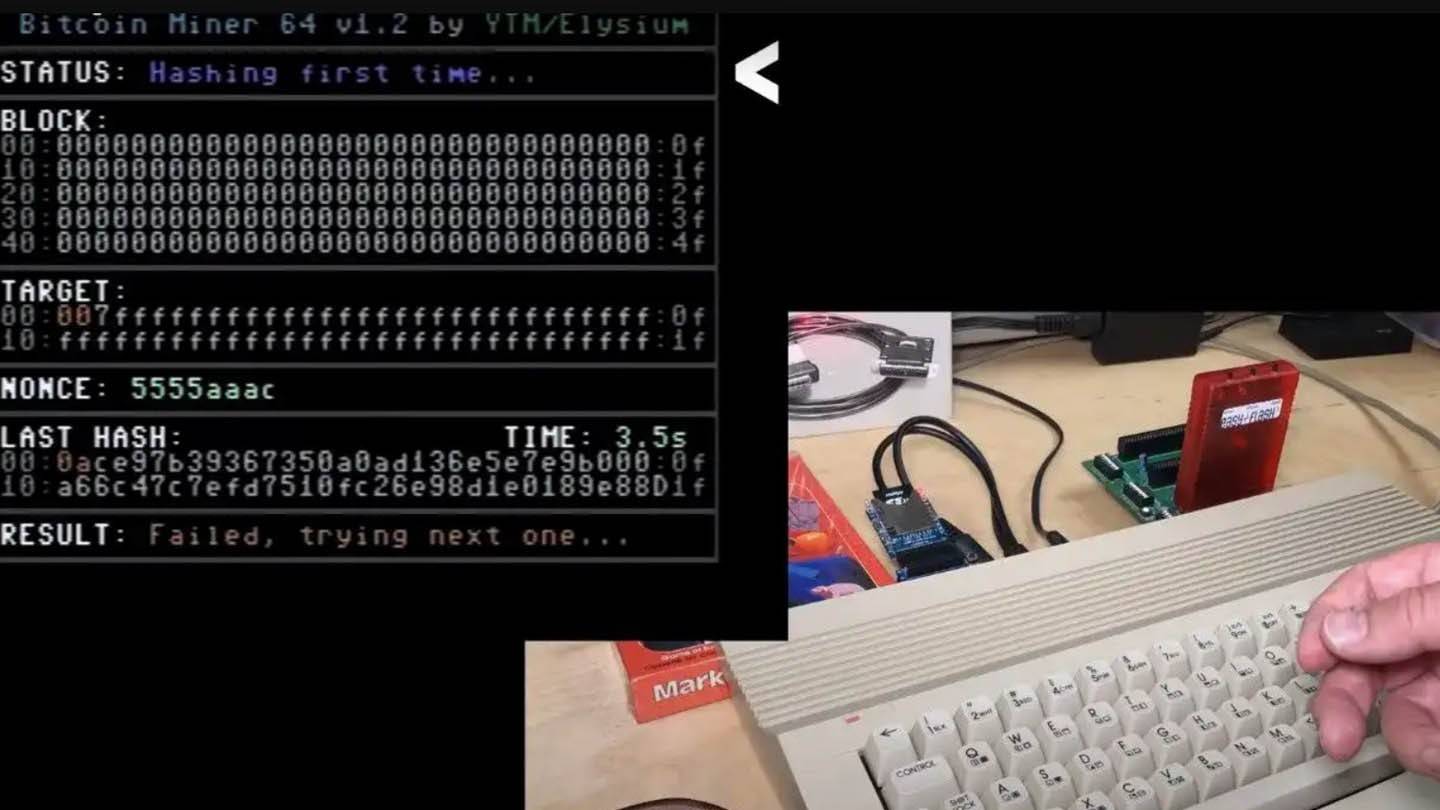
A tech enthusiast proved the 1982 Commodore 64 could mine Bitcoin, though at just 0.3 hashes per second due to its 1MHz 8-bit processor. Modern GPUs process 100 million hashes per second, making the C64's mining speed impractical - it would require roughly a billion years to earn one Bitcoin.
Another experimenter, stacksmashing, successfully connected a 1989 Nintendo Game Boy to Bitcoin mining via a Raspberry Pi. The Game Boy's 0.8 hash rate, while beating the C64, remains astronomically slower than specialized mining hardware.
A Mechanic's Trusted Assistant Since the 1980s
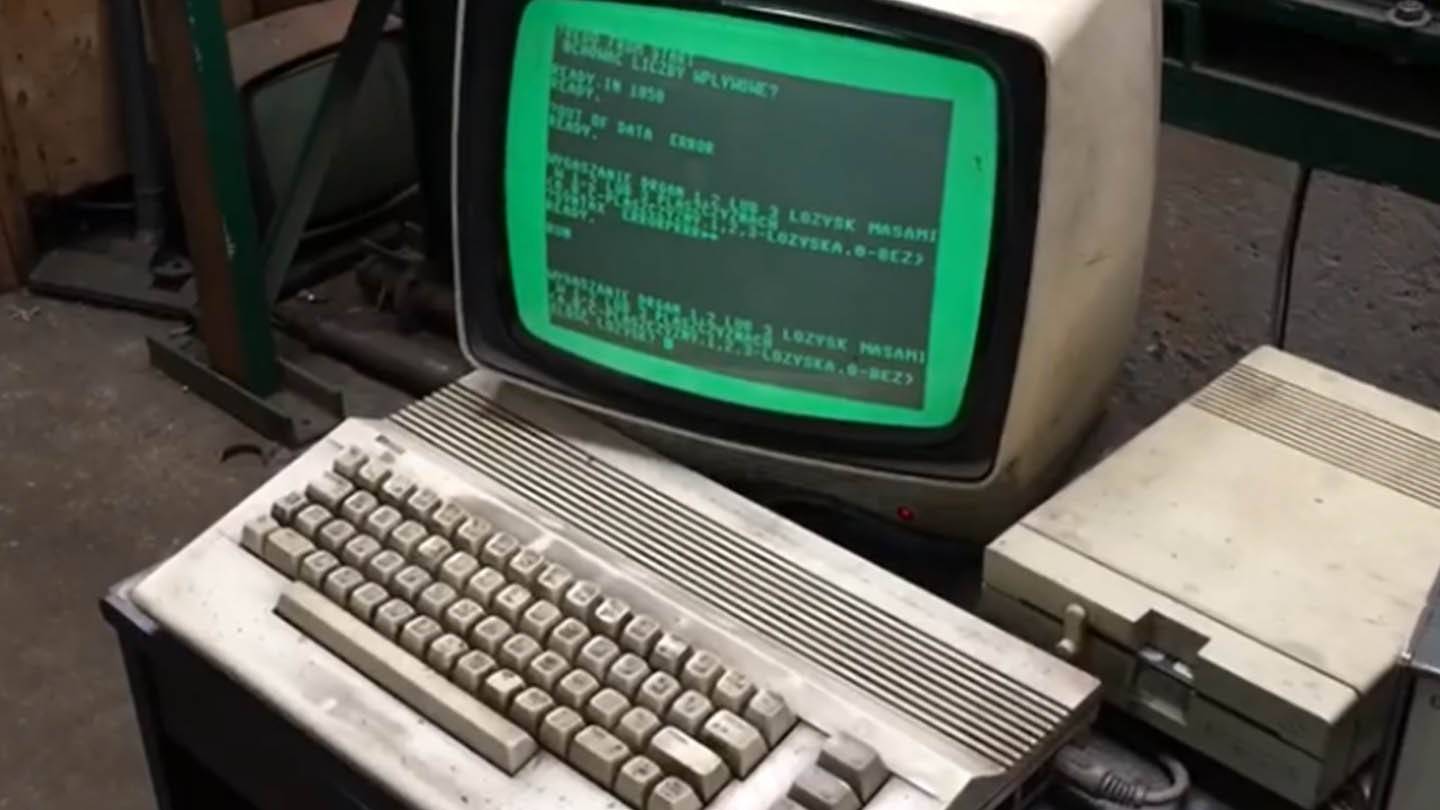
A Gdansk auto shop has depended on a flood-surviving Commodore 64C for three decades. Using custom-built software, this 1MHz computer with 64KB RAM continues performing precise drive shaft calculations that modern systems struggle to match.
Vintage Tech as a Bakery POS System
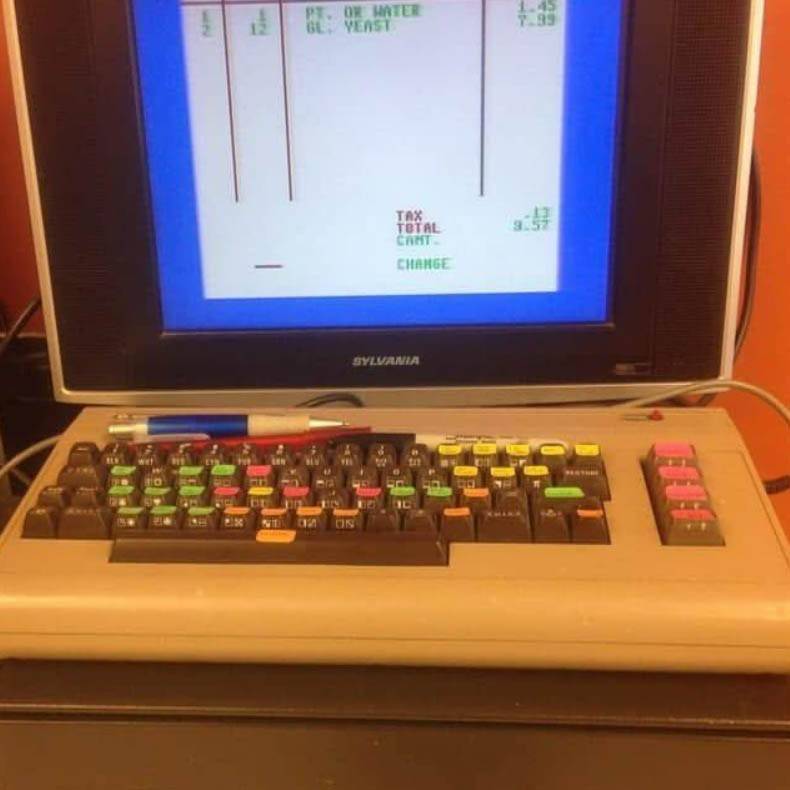
An Indiana bakery affectionately calls its Commodore 64 the "breadbox" - this 1980s computer reliably processes sales without suffering the software update headaches that plague modern POS systems, requiring only occasional keyboard label updates for new menu items.
Legacy Systems Controlling Nuclear Weapons
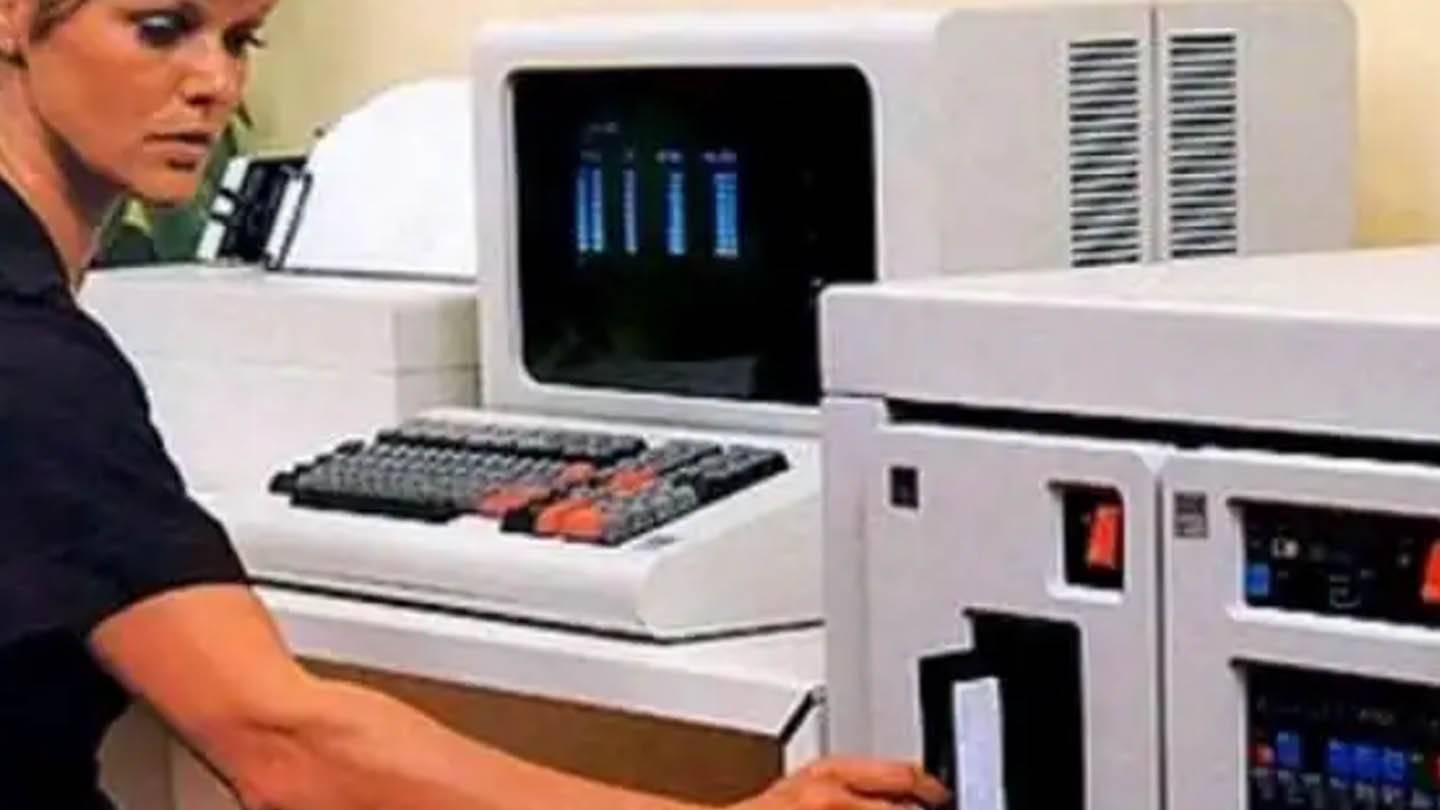
Shockingly, U.S. nuclear defenses still rely on a 1976 IBM system using 80KB floppy disks - smaller storage than a text message. Meanwhile, Germany's high-tech frigates from the 1990s also depend on 8-inch floppies, now supplemented with emulators while maintaining original hardware.
Windows XP Running Billion-Dollar Warships
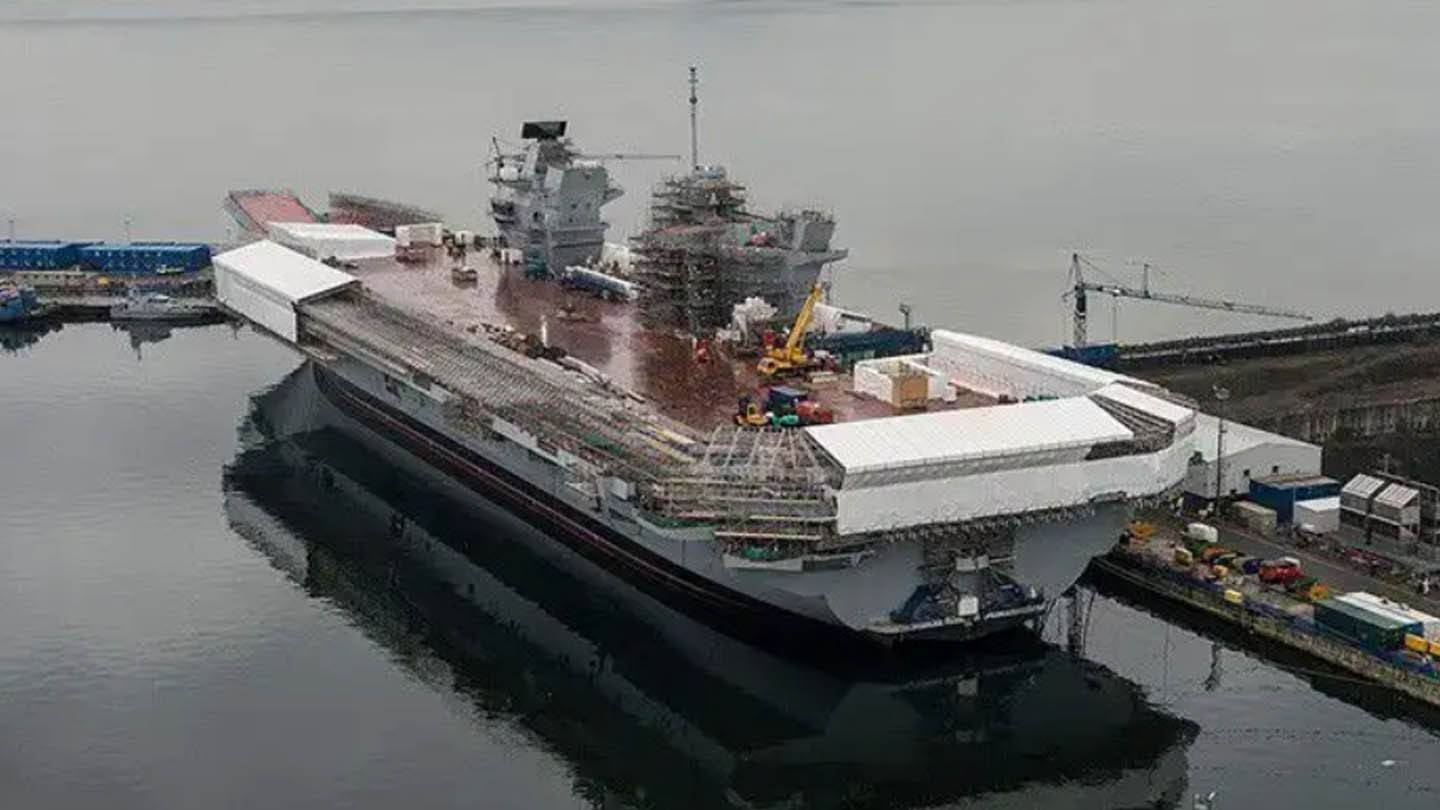
Britain's £3 billion HMS Queen Elizabeth aircraft carrier operates on Windows XP despite its 2014 end-of-life. The Royal Navy's nuclear missile submarines similarly run this obsolete OS, with upgrades not scheduled until 2028 - a concerning security decision given XP's vulnerabilities.
Airport Disruptions Caused by Ancient Software
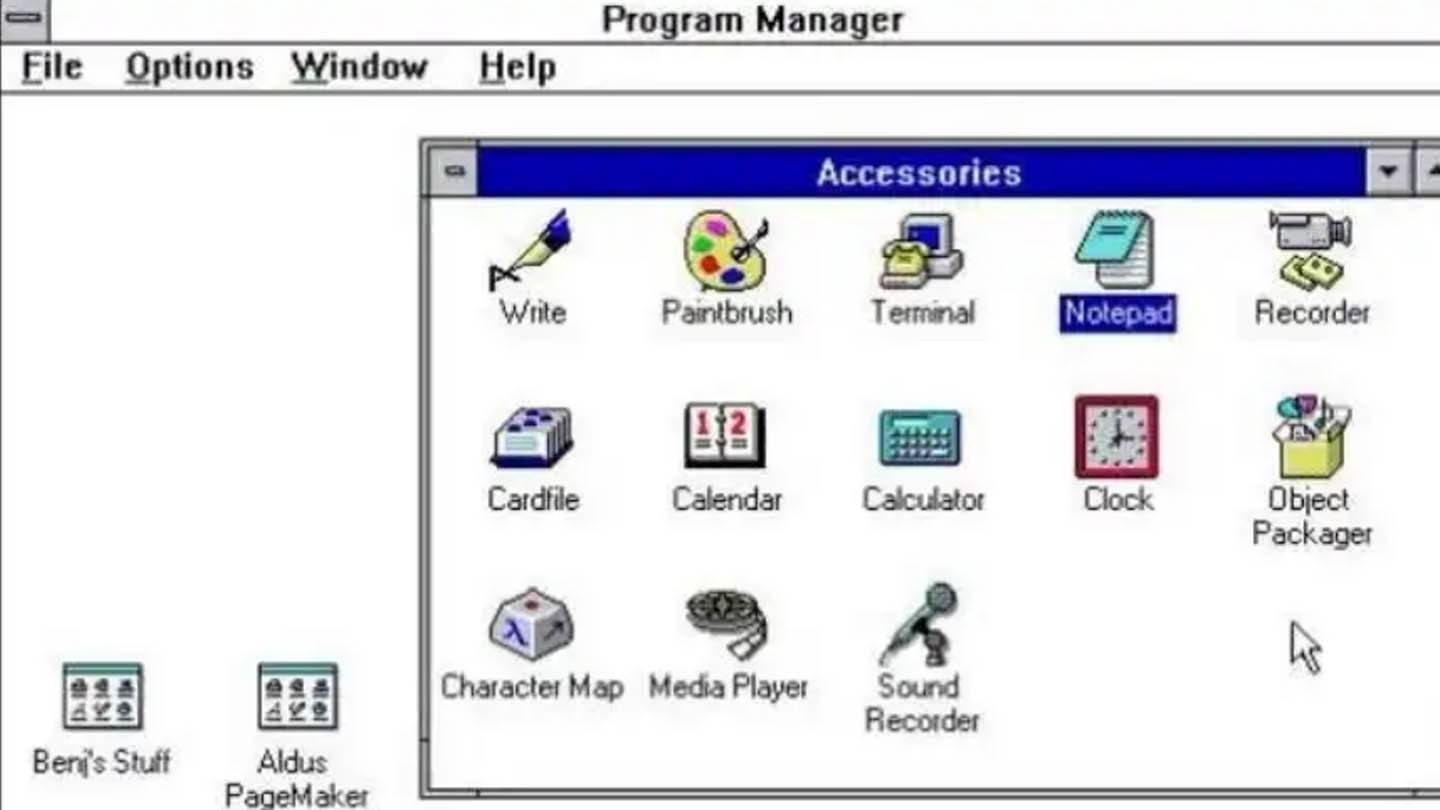
Paris Orly Airport grounded flights in 2015 when its Windows 3.1 system running critical weather software DECOR crashed. The 1992-era computer's failure highlighted aviation's continued reliance on museum-worthy technology, prompting jokes about upgrading to Windows 95.
Classic Hardware Powering Modern Research
The article didn't specifically address this point, but historical computing devices often find new life in research settings. Vintage machines teach programming fundamentals or simulate basic physics, offering clearer understanding than complex modern systems.
Nostalgia Preserving Outdated Systems
Beyond functionality, nostalgia and comfort with familiar tools drive organizations to maintain aging technology. Whether avoiding costly upgrades or maintaining workflow continuity, these examples prove the longevity of well-designed systems.
From cryptocurrency mining Game Boys to floppy disk-dependent warships, these cases demonstrate obsolete technology's surprising resilience. While eventually replaced, they highlight the enduring value of simple, reliable designs in our rapidly evolving digital landscape.









